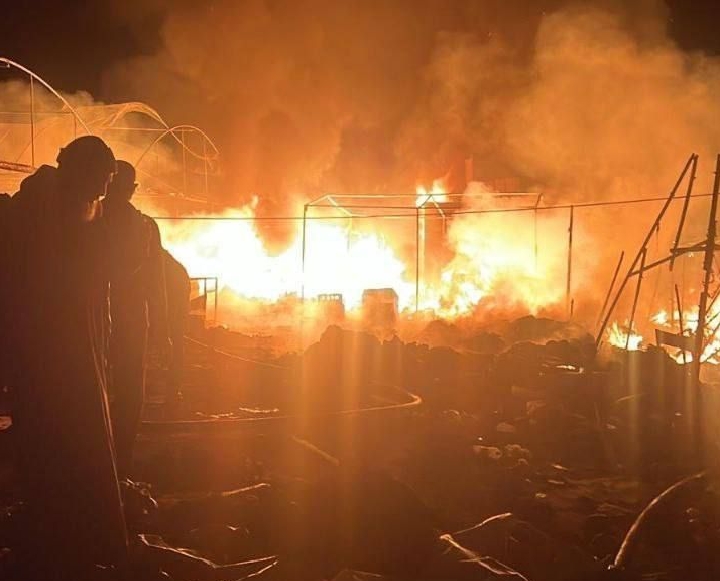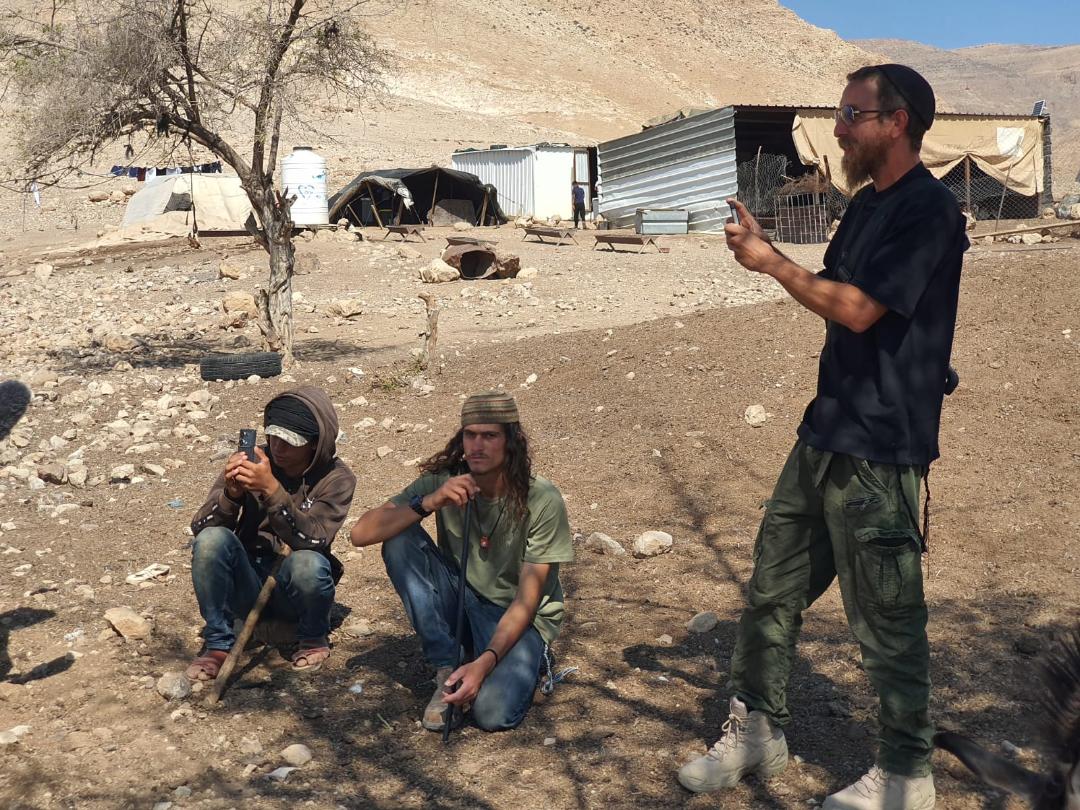By Ala Mawkadi
SALFIT, January 11, 2016 (WAFA) – The Israeli authorities have issued 26 stop-construction and land confiscation orders since the beginning of this year to Palestinians in the Salfit area villages of Haris, Broqeen, Deir Istiya, Rafat and Zawieh, in the north of the West Bank.
These orders were based on the pretext that the land in question is in Area C, which is under full Israeli military control, and therefore no Palestinian is allowed to build on it or cultivate it before getting the right permit from the so-called Israeli Civil Administration, a wing of the Israeli military government. Data shows that almost 75 per cent of the area of Salfit is considered Area C.
Wa’el Qutt, an attorney with al-Quds Center for Legal Aid (QCLA), told WAFA that “the 26 orders are only the first phase of a series of arbitrary measures by the Israeli Civil Administration and occupation authorities to demolish homes.”
He said Salfit has a special status because of the large number of Israeli settlements in the area while villages’ zoning and planning are confined to a narrow area because the occupation authorities do not care for the growth needs of these villages, which prompts residents to build outside the built-up and zoned area.
He said that according to international law, Israel, the occupying power, has a responsibility to meet the needs of the people under its occupation, including the need for population growth and expansion. He said any demolition carried out by Israel is therefore a clear violation of international law and harmful to private property protected by local and international laws.
Husam Abdul-Qader, 54, from Deir Istya, said this area is vital for all the villagers and their only hope for agricultural expansion while part of it houses animal and livestock barns built 10 years ago and today they are threatened by Israel with destruction.
Abdul-Qader said he has two barns for breeding cattle in this land with an area of 900 square meters. The two barns have more than 100 calves and had cost more than $65,000 to set up, he said.
“It is impossible to remove them because there is no other place to put them,” he said. “This is the only place for investment in the village.”
Meanwhile, 60-year-old Taleb al-Dik, from nearby Kufr al-Dik, said he received a notice from the Israeli authorities regarding land planted with olive trees he had inherited from his father and where he had built a home a year ago, which has water and electricity. Israel considers this land as Area C even though it is three kilometers away from the settlement of Adumim.
Yazan Dawoud, from Haris, spoke about the troubles he has had from the Israelis since 2005. He said he has cases at the High Court and orders to demolish homes and that this month he received orders from the Israeli authorities to stop construction on three other buildings, which shelter 50 people.
“We have children who are growing up and need homes,” he said. “The Israeli authorities would not allow us to build and expand on the only land we have because they say it is located in Area C. At the same time, they build every day new homes for settlers on land we had inherited from our ancestors,” he added.
The settlements of Arial, Ravava, Adumim and others keep growing on land that belongs to the governorate of Salfit. Israel continues with settlement construction with total disregard to Security Council resolutions particularly the recent 2334 that called on Israel to stop construction in settlements on occupied Palestinian land and which considers the settlements as illegal.
M.N./M.K.











